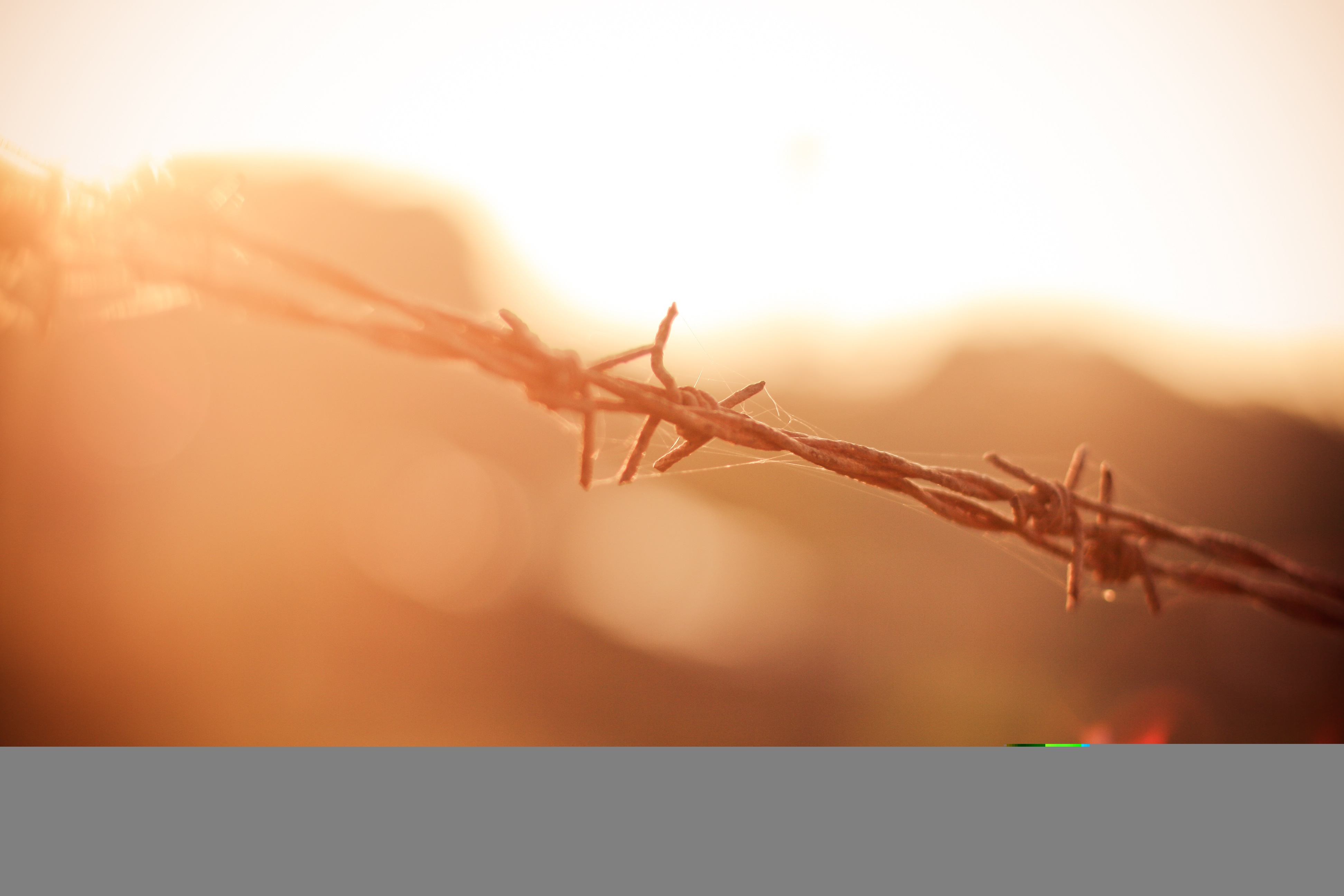The only choice we have control over

Many have responded to my post on stay-at-home and working mothers to point out that, for many women, it is not a choice to stay or go. Some must return to work for financial reasons, or perhaps cannot return to work because the costs of childcare are too high. It is possible that these women face the most discord out of all mothers. Their desire to be at home with their children or to be working is frustrated, and I cannot imagine what that might feel like. I do have to work. It’s not an option financially for me to stay home. However, I am also blessed to have had the opportunity to build a career that I find meaningful and satisfying, and also have flexible work and study arrangements. I love what I do, and to me that is freedom. I recognise that this may not be the case for many.
This got me thinking about a book I read many years ago, the classic by Dr Victor Frankl entitled “Man’s Search for Meaning”. Dr Frankl was a psychiatrist and a Nazi concentration camp survivor. He was separated from his young wife and later learned that she died. I don’t have the book with me any more, so what I write may not reflect his book very accurately. But from what I remember, Frankl wrote of the only choice that we really had any control over – ourselves, or more accurately, how we respond to our circumstances or the events in our lives. Even when we have nothing left, when everything has been taken away, humans still have power over one final thing – the way we respond, the way we behave, the dignity that we can display even in the face of the most unimaginable misery and deprivation.
Frankl wrote of the differences between those who survived the camps and those who did not. The ones who survived had hope. They were also able to find moments of joy in the midst of terror. They gained control over their actions and their response to what was happening to them. He writes that when faced with tragic and extreme circumstances such as living in a concentration camp or facing a terminal illness, the meaning of one’s life becomes the way we are able to remain human and keep our dignity intact during the experience.
For all those who are in a situation that they do not want to be in, perhaps one that brings intense sadness and grief, I hope that reading Frankl’s book brings you some insight and comfort. How could you change the way you face your daily life? Could you show your children courage, a positive outlook, gratitude, grace, and hope? If you are one of the lucky ones who is happy with your current situation, how would you face a difficult situation in the future? We cannot insulate ourselves against the uncertainties of life, but we do have control over the way we face our challenges. If we build resilience within ourselves, we model this to our children, and equip them with one of the most important lessons they can learn – the courage and confidence to approach even the most difficult circumstances. Let us hope the atrocities of the Nazi regime never be repeated, but we can learn something from the dignity of those who survived.
Even though I am fortunate to enjoy what I do for a living, there are episodes every day where I think Frankl’s wisdom would benefit me. There is so much that is still beyond my control, and daily frustrations and obstacles do challenge me and test my patience and good humour. When I do remember, on occasion, to exercise my free will to choose my response to the situations that throw me off, I regain a bit more dignity and grace and become more of the parent and human that I want my children to be.

